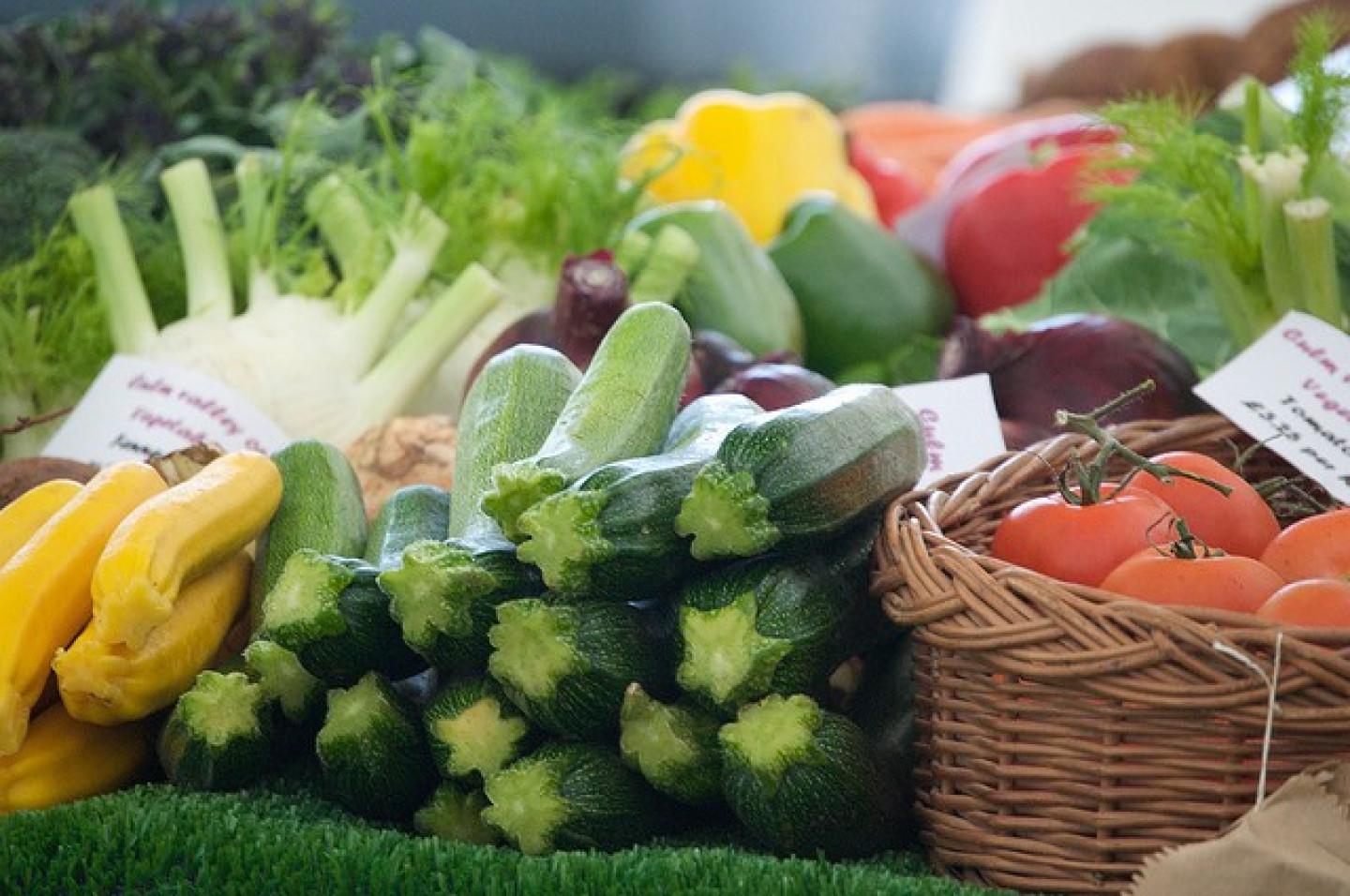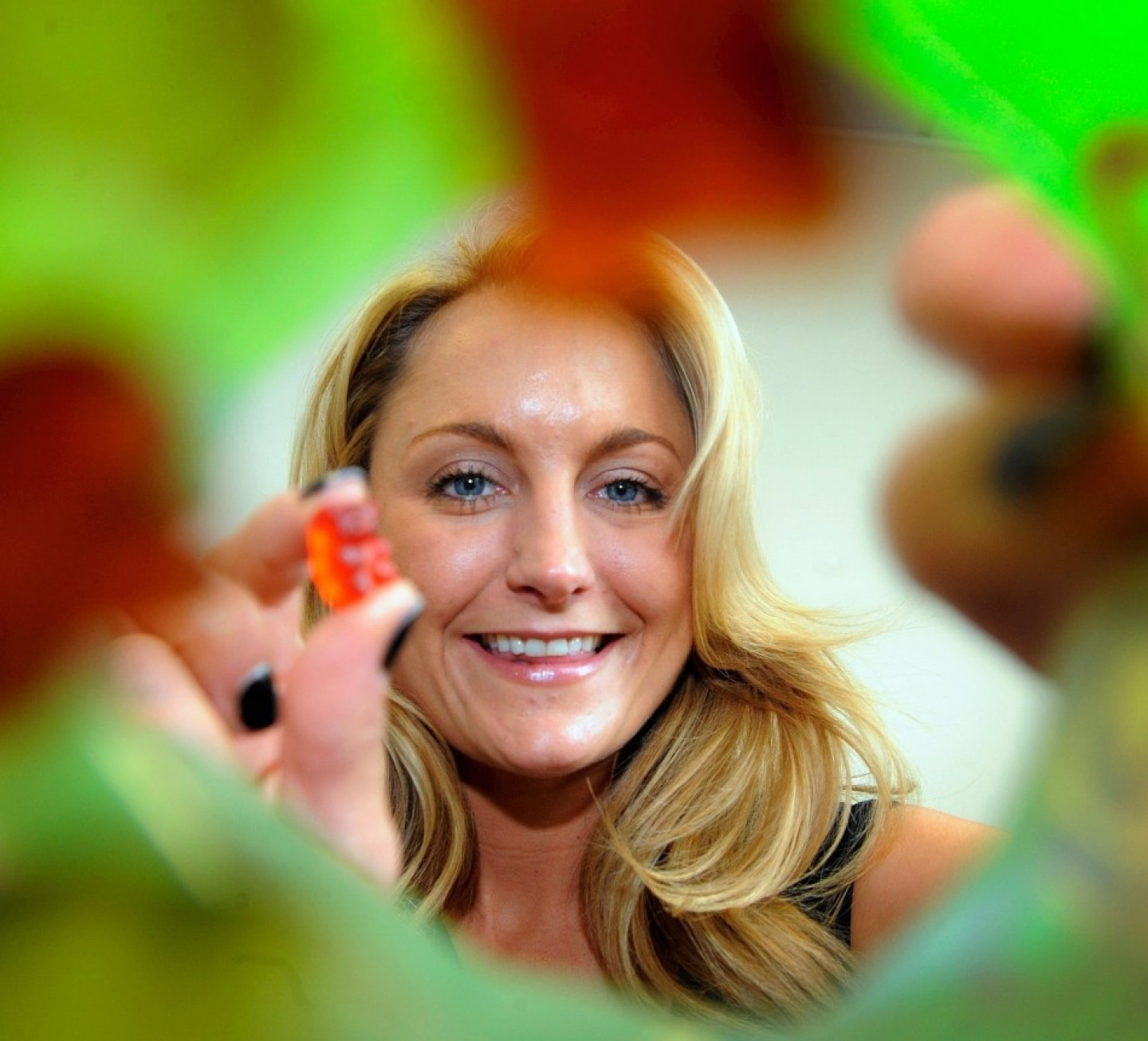Vegetarian Option for New Year’s Resolution
Reducing your meat consumption can have positive results and may seem an attractive option in the bloated post-Christmas lull as a New Year's resolution for 2012.
There are a variety of reasons why it is beneficial to cut down on eating meat in favour of a diet that contains more fruits and vegetables, not only in terms of your health but also for the future of the planet, say experts.
And you do not have to quit eating meat altogether to reap the benefits. Simply reducing meat consumption, even by one day a week, can make a difference.

A UK-based initiative, Meat Free Mondays, aims to encourage people to try a vegetarian diet on one day of the week.
A spokesman for the campaign said that if people eliminated meat from their diet for one day a week, the benefits would be valuable. "It can make a tremendous amount of difference to our carbon footprint, health and pocket," he said.
"If the average UK household halved its consumption of meat, this would cut more emissions than if it halved the use of its car. Having a Meat Free Monday is a simple way for everyone to reduce their emissions. Just one day a week can make a world of difference."
The facts about meat consumption and climate change are "incredibly sobering", he said.
"The global meat industry generates nearly one-fifth of all the greenhouse gases caused by human activity, such as agriculture, which are responsible for accelerating climate change. One hectare of Amazon rainforest is lost to cattle ranchers every 18 seconds - that's six football pitches of ancient forest destroyed every minute to create room for grazing cattle."
In 2008, global meat consumption was 280 million tonnes per year. By 2050, it is expected to reach 465 million tonnes.
People looking for a worthwhile New Year's resolution could take up Meat Free Mondays, the spokesman suggested. "If anybody is thinking about making the switch to a more vegetable-based diet, you'll be pleased to know that Meat Free Monday is an easy way to do it."
Melissa Burton has found a way to run her business without manufacturing animal by-products. She is the CEO of FTF Sweets and the creator of Goody Good Stuff, a range of vegetarian, fat-free and dairy-free gummy sweets.
The sweets are made from a plant-based gelatine and contain no artificial colours or flavours.
Burton said creating a range of sweets that were meat-free was just the starting point. "If you're marketing a product and focusing only on the fact that it is meat-free then you're only going to be able to instantly appeal to a small part of the market," she said.
"We had to make [the sweets] taste so good that [they] would even appeal to the mainstream."
Burton said her sweets attract followers of vegetarian, kosher and halal diets, as well as those who want a healthy confectionery option.
She said people often have the misconception that they cannot eat delicious food if their meal is vegetarian. "You can have a really enjoyable eating experience without eating meat."
But she said we still have a long way to go in educating people about the impact of meat production and the use of animal-based gelatine. "People are often shocked when they discover what it's actually made of," she said.

Belgian resident and avid vegetarian Yasmijn Soete said reducing our meat consumption would make more land available to grow plants, cut pollution and save millions of litres of water used to produce meat.
"The only benefits of meat are protein and iron, both of which you can sufficiently get out of a plant-based diet," she said, adding that she takes a vitamin supplement to ensure that she covers all her nutritional needs.
Soete, 24, decided to "turn vegetarian" when she was just 12 and has not looked back.
When Veggie Thursday was introduced in her home town of Ghent, many local schools, restaurants and kitchens embraced the idea and only serve vegetarian foods on that day of the week to promote the campaign.
"Eating vegetarian once a week can make such a huge difference. I think people still underestimate the power of the individual," Soete said.
"Unfortunately, the reaction I get to this positive thinking is that I am 'naïve' because your neighbour will just eat your portion of meat. Okay, well, he's free to do that. But I'm free to set the example of how I want the world to look like and I'm sure many will follow.
"I worry for our future generations but I'm also optimistic because a lot of my peers and friends support my opinion."
People need to change the way they think about food and how it is produced, Soete said. "The thought of meat and veggies on your plate giving you a complete meal has to change. It's mainly psychological that people get the feeling that they haven't eaten enough when they eat vegetarian because they feel something on the plate is 'missing'."

Shelley Lee Davies is the co-director of the documentary Planeat, a film that focuses on the benefits of a plant-based diet on people's health and the environment.
She became vegetarian only four years ago when she began working on the project, which changed her perception of food and the environmental impact that diet has on global warming, land use and oceanic dead zones.
"It's more efficient to switch your diet than to switch to, say, driving a Prius," Davies said.
On a culinary level, Davies said a lot was changing, with more chefs and restaurants making vegetarian dishes available. "That's one of the reasons we showcase so many chefs in the film. The hard science wasn't going to change anyone's mind or anyone's menu," she said.
Davies said we should focus on "making the plant the centre of the dish" instead of the meat.
"What is good for our health is also good for our environment and reducing our meat intake is a rewarding behavioural change that we can make."
Davies agrees that eliminating meat from our diet even one day per week can have huge benefits. "If it's a collective effort, it's collectively going to have a big impact."
© Copyright IBTimes 2025. All rights reserved.





















